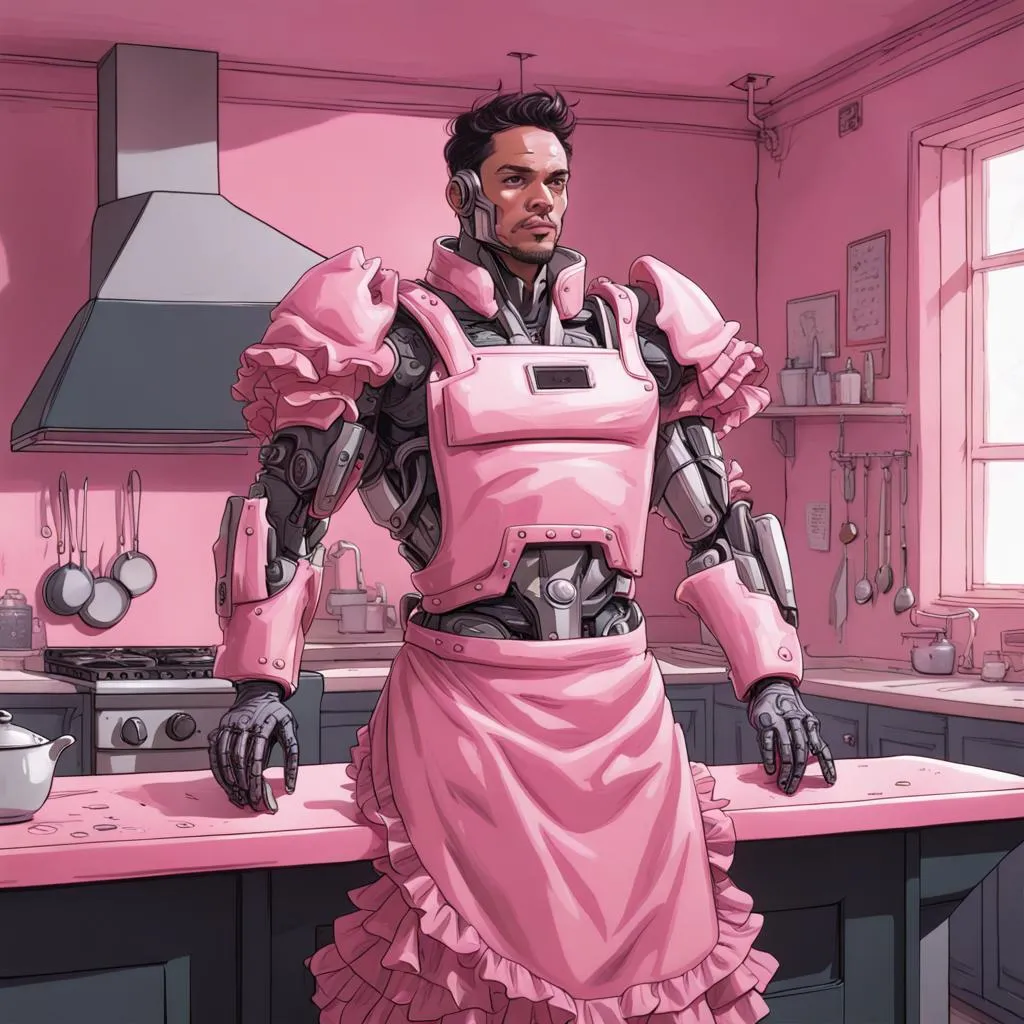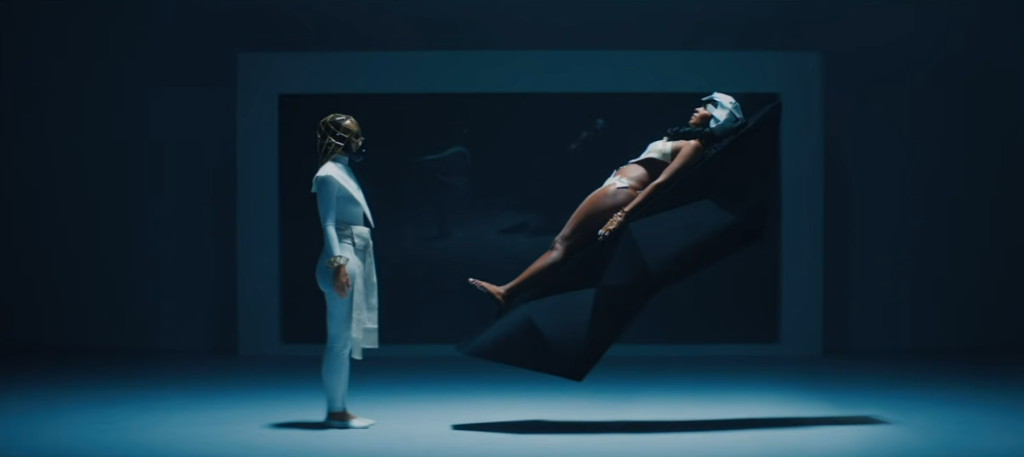Identity

Monáe’s album Dirty Compute and Donna Haraway’s “Cyborg Manifesto” share a common theme of identity. In Cyborg Manifesto Haraway did not have a firm stand of identity. Harraway allowed no restriction between the categories such as gender, race, or species. In the Monáe’s album there was also no restriction too. Monáe’s had a dystopian world where the lines were blurred between gender, race, and species. Monáe’s had express this in her songs PYNK and Make Me Feel.
Community

In Donna Haraway’s “Cyborg Manifesto” community was a big aspect in the book. Haraway talks about how building a community was important because it could be used to challenged power structures. The community becomes really important especially within the marginalized groups. Monáe’s album Dirty Compute talks about the important of community too. In the songs I Like That and Americans she talks about how communities should embrace unique identity. She also mentions in the songs that the community should fight against systemic oppression. In Monáe’s album Dirty Compute she talks more about celebrating and embracing the different communities.


